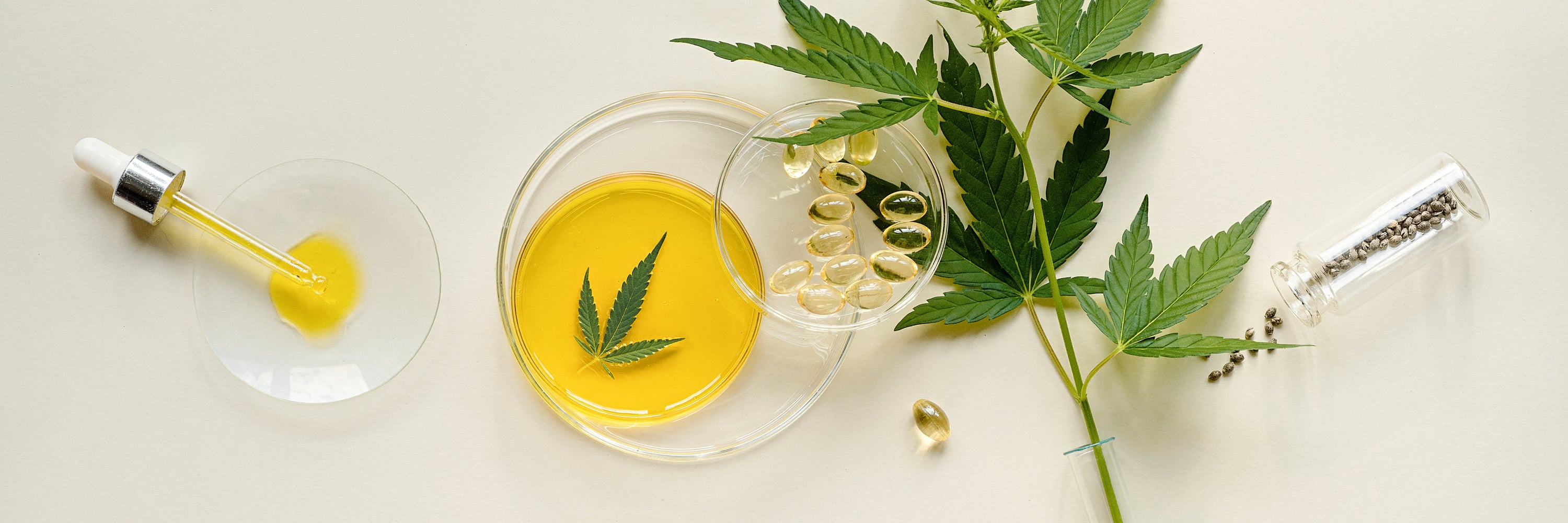
Ensuring Public Health: The Necessity of Comprehensive Regulation for Hemp-Derived Cannabinoids
The Florida Healthy Alternatives Association (FHAA) is spotlighting the urgent need for balanced and comprehensive regulation of hemp-derived cannabinoids like delta-8 THC. While recognizing potential health risks and regulatory challenges, FHAA advocates for a nuanced approach rather than an outright ban, emphasizing the importance of safe and beneficial use of these substances for public health.
Rep. Mary Miller (R-IL) has introduced an amendment to the 2024 Farm Bill that aims to redefine legal hemp by excluding cannabinoids produced outside the plant. This amendment has garnered support from prohibitionists and some sectors of the marijuana industry and seeks to address regulatory gaps created by the 2018 Farm Bill.
In contrast to the prohibitionist stance, the Community Anti-Drug Coalitions of America (CADCA) and 51 other groups are pushing for a total ban on semi-synthetic cannabinoids. They argue that products such as delta-8, delta-10 THC, hexahydrocannabinol (HHC), and THC-O pose significant health and safety risks. CADCA’s letter to Congress highlights the difficulties in testing and regulating these substances, which are easily accessible online and in stores without adequate restrictions.
The letter stresses that regulating semi-synthetic cannabinoids is impractical, calling for these products to be explicitly excluded from the definition of hemp. Research has linked these cannabinoids to severe psychiatric disorders, respiratory problems, and other health issues, with some impacts potentially taking years to fully understand.
Addressed to key members of the agriculture and appropriations committees in both the House and Senate, the letter coincides with Miller’s amendment and a separate spending bill by the House Appropriations Committee. This bill seeks to prohibit any cannabinoid products containing quantifiable amounts of THC, further tightening the regulations.
Supporters of the amendment, including Rep. John Rose (R-TN) and Rep. Abigail Spanberger (D-VA), emphasize the necessity of clear regulations to protect farmers and the public. However, concerns have been raised by lawmakers such as Rep. Jim Baird (R-IN) and Rep. Derrick Van Orden (R-WI) about the economic impact on American farmers who have invested in hemp production based on the current regulations.
This debate has created divisions within the cannabis community, with some marijuana businesses supporting a derivatives ban alongside prohibitionists, while hemp industry advocates warn that such measures could also negatively impact non-intoxicating CBD products.
As Congress deliberates these amendments, the FHAA stresses the importance of a balanced approach that addresses public health concerns while supporting the legitimate hemp industry. Comprehensive regulation, rather than outright bans, can effectively manage the risks associated with hemp-derived cannabinoids.
The FHAA remains dedicated to promoting policies that prioritize public health and safety while recognizing the benefits and potential of hemp-derived cannabinoids in the evolving regulatory landscape.




